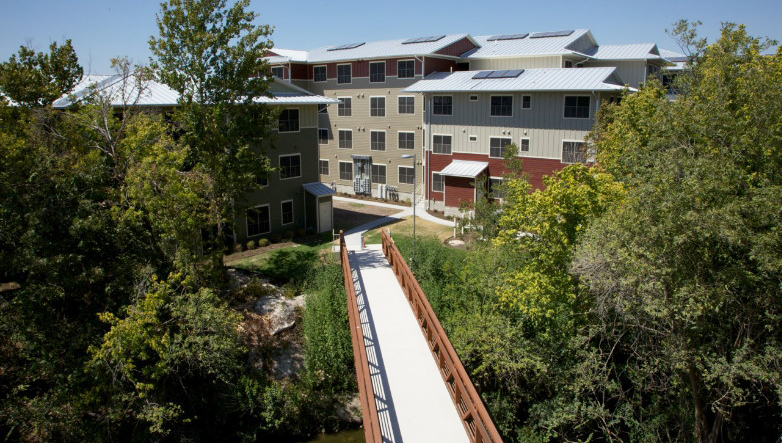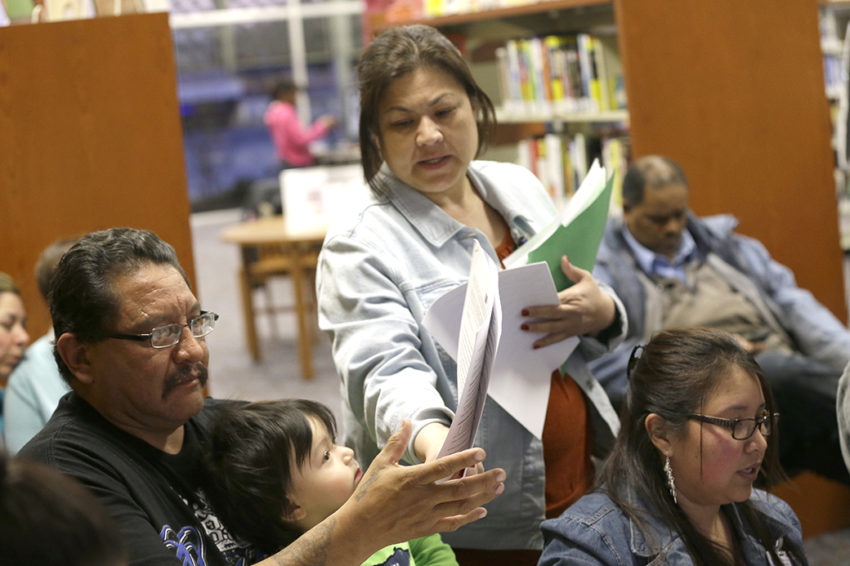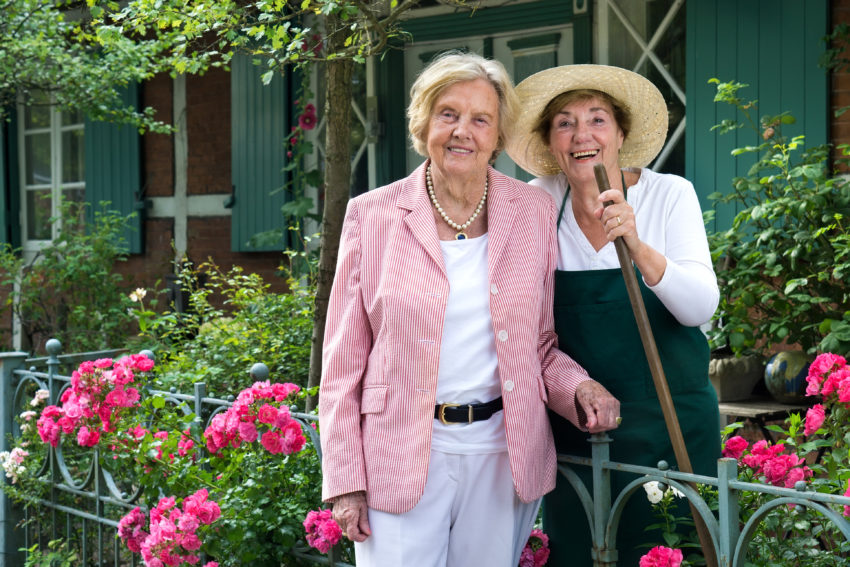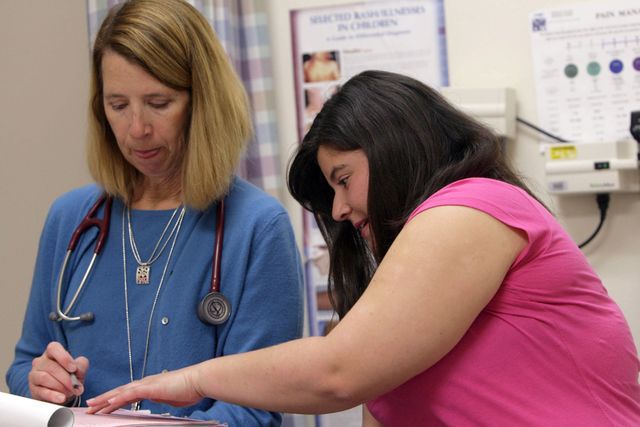Major Steps toward Affordable Housing in Austin, Texas

Access to safe, affordable housing is a priority for good health. Access to housing protects families and promotes feelings of security that can reduce stress. Affordable housing located near safe parks, full-service grocery stores, and living-wage employment helps to build community and encourages healthy eating and exercise. Two new initiatives will try to help solve the lack of affordable housing in Austin, Texas (34.5% Latino). $250 Million for Affordable Housing In November 2018, Austin voters overwhelmingly approved a $250 million bond for affordable housing. Here's where the money will go: $100 million for the Austin Housing Finance Corporation to buy land. The city then can give the land to affordable housing developers. $94 million to go to ...
Read More







